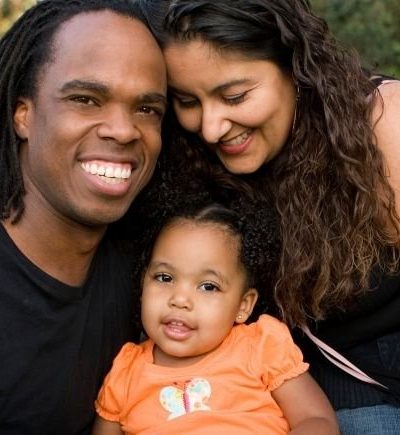Foster Care Types
Traditional Foster Care
“Foster care home” means a home that is certified by a county department or a child placement agency pursuant to section 26-6-910, C.R.S, or a federally recognized tribe pursuant to applicable federal law, for child care in a place of residence of a family or person for the purpose of providing twenty-four-hour family foster care for a child under the age of twenty-one years. A foster care home may include foster care for a child who is unrelated to the head of the home or foster care provided through a kinship foster care home but does not include non certified kinship care, as defined in 19-1-103, C.R.S. The term includes a foster care home that receives a child for regular twenty-four-hour care and a home that receives a child from a state-operated institution for child care or from a child placement agency. “Foster care home” also includes those homes licensed by the department pursuant to 26-6-905, C.R.S that receive neither money from the counties nor children placed by the counties
Treatment Foster Care
Treatment foster care is a clinically effective alternative to a residential treatment facility that combines the treatment technologies typically associated with more restrictive settings with a nurturing and individualized family environment.
Therapeutic Foster Care
Therapeutic foster care is a program of foster care that incorporates treatment for the special physical, psychological, or emotional needs of a child placed with specially trained foster parents, but does not include medical foster care.
Kinship Foster Care
A Kinship Foster Care Home is certified by a county department or a licensed child placement agency pursuant to section 26-6-910, C.R.S, or a federally recognized tribe pursuant to applicable federal law as having met the foster care certification requirements and where the foster care of the child is provided by kin. Kinship foster care providers are eligible for foster care reimbursement. A kinship foster care home provides twenty-four-hour foster care for a child or youth under the age of twenty-one years. These homes are considered certified foster homes and meet all of the requirements for a traditional foster home.
What type of license is issued to a Child Placement Agency – Foster Care from CDHS?
A Child Placement Agency with foster care homes is issued a license that is time limited for one year from the effective date. Each year the agency will receive a renewal application which is submitted to the Department with the associated fee. Once the agency has a full review of rules and regulations with a Department representative, that representative may then approve the agency for the next year’s license.
How do I become a foster parent?
The first step to becoming a foster parent in Colorado is to contact a child placement agency (use link to directory below) or contact your local county department of human or social services.
Every foster parent must be at least 21 years of age or older, complete background checks ( CBI, FBI, BIU), complete a SAFE Home Study, complete core training and other training, such as CPR and First Aid. The county or child placement agency that you are working with may also require additional training.
To maintain certification, foster parents are required to complete additional training each year. Your child placement agency, county department, or the Child Welfare Training System can help you fulfill these requirements


